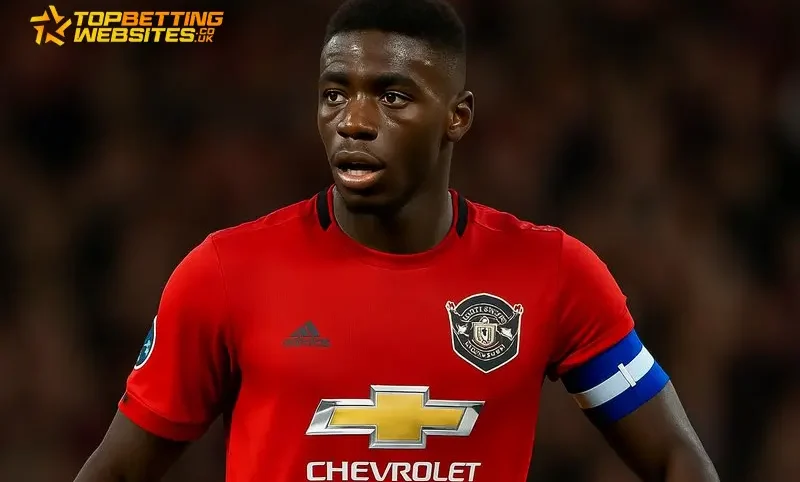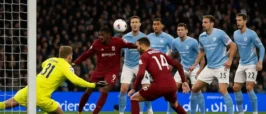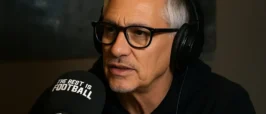Axel Tuanzebe’s £1m Fight With Man United: Inside the Medical Negligence Claim

Axel Tuanzebe spent the best part of two decades coming through the Manchester United system, only to end up in a courtroom row with his boyhood club. The centre-half, now at Burnley, is suing United for damages “in excess of £1m”, claiming the club’s medical handling of a back injury left him unable to play without full freedom and cost him both minutes and money. It’s a serious allegation, reported by Sky News, and it shines an uncomfortable light on how elite clubs balance performance pressures with player welfare.
The heart of Tuanzebe’s claim
The core issue is a stress fracture in Tuanzebe’s spine. Court papers cited by Sky News allege he sustained a left-sided pars fracture in January 2020. By July 2022, that had become chronic and, the documents say, a right-sided pars fracture followed. Tuanzebe’s case argues United failed to properly investigate the problem, didn’t rest him sufficiently, and didn’t refer him to a specialist sports spinal surgeon when they should have. His position is clear: with an appropriate treatment plan at the time, he believes he’d have avoided prolonged pain and continued at the elite level without restriction—protecting both his career trajectory and earnings.
A bruising timeline
January 2020: the alleged initial pars fracture. Despite that, Tuanzebe returned to action by March 2020 in Premier League 2. He famously shone in Paris against Kylian Mbappé and PSG that October, but by December 2020 he was reporting hamstring pain to United’s medics—an echo of something not quite right.
January 2022 brought a loan to Napoli. He played just twice, with the Italian club sending him for extra scans as lower back pain persisted. According to the claim, Napoli’s doctor raised the possibility of a fracture, but United’s then-senior club doctor, Dr Steve McNally, allegedly indicated there was no urgency to return to England for further assessment and did not believe a fracture explained the pain. Pain-relief injections followed in March 2022.
Come August 2022, further scans pointed to a stress fracture, per the documents. Tuanzebe’s legal team says he was still pushed back into an intense running and strength programme after 17 August 2022. The suit contends that a genuinely appropriate treatment plan didn’t arrive until April 2023—three years after the initial problem—by which time the damage to his availability and market value, he argues, was done.
He was released by United in the summer of 2023 after a loan spell at Stoke, then rebuilt at Ipswich Town with 44 outings across two seasons, before moving on to Burnley. It’s been a stop-start journey for a defender who once looked nailed-on to be a long-term fixture at Old Trafford.
What the case could hinge on
Spinal stress injuries—pars fractures—aren’t rare in footballers; the position’s demands can be unforgiving. The crux here is whether United’s assessment, rest protocols and referrals met the standard of care expected in elite sport. The claim suggests they didn’t, and that playing through early 2020 made things worse. If a court agrees, it could underline a wider message: clubs must treat long-term risk with the same urgency as short-term selection headaches.
Perspective, stakes and what’s next
Manchester United’s detailed response isn’t included in the material reported, and Tuanzebe’s filing remains exactly that—a set of allegations to be tested. Still, the sums are sizeable and the implications bigger: a judgment could set a tone for how clubs manage recurring pain, load, and specialist referrals.
For supporters trying to read the runes—as well as those comparing odds and best betting sites—it’s worth keeping perspective. These are allegations, not established facts, and the legal process will decide whose version stands up. Whatever the outcome, Tuanzebe’s journey from academy prospect to legal claimant is a cautionary tale about the fine line between playing through pain and playing into trouble.
Pundit’s take
From a footballing standpoint, it’s hard not to feel for Tuanzebe. On his day—think that night in Paris—he looked every inch a United starter. But elite sport is ruthless; one mismanaged injury can knock a career off its axis. If his camp proves that earlier rest and specialist care would have kept him on the pitch, the ramifications for medical departments across the league will be huge. If not, it becomes another example of how hindsight can’t always outmuscle the reality of juggling fixtures, form and fitness. Either way, expect clubs to double-check their protocols—because this case has every doctor and director of football sitting up straight.


